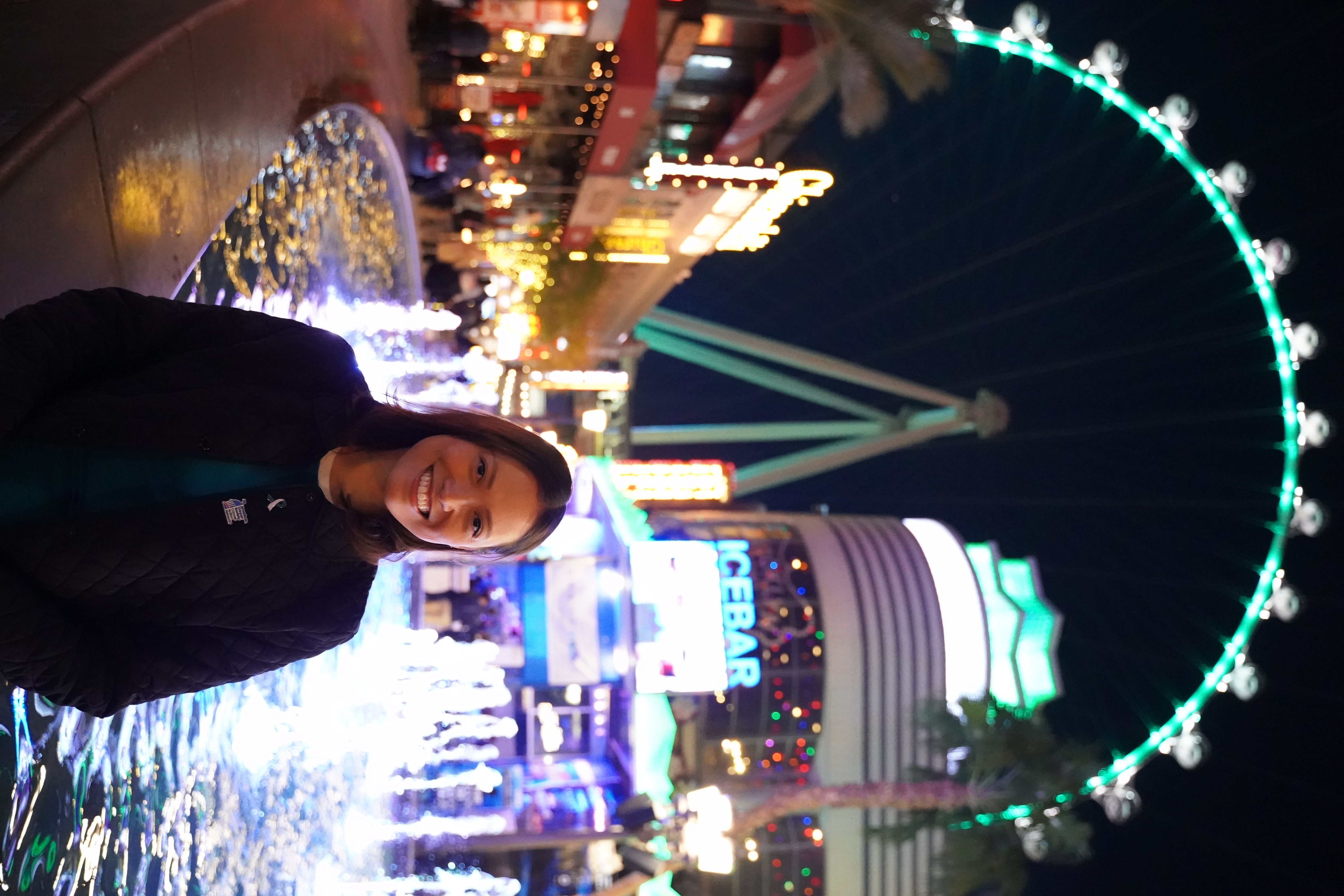News
Volunteer Spotlight: Samantha Gonzales-Russell
Role: Nevada ACT! Lead
Hometown: Henderson, NV

How did you first get involved with ACS CAN? I first got involved with ACS CAN because of my own personal experience as a three-time survivor. From my own pov, or family and friends; we've all struggled one way or another. It forces you to take a magnifying glass to our healthcare system and the policies it operates on. Having cancer is enough of a burden, and it should be made easier for patients, not harder. ACS CAN's efforts bring us closer to that goal.
How did you feel after that first meeting with a lawmaker? I felt purposeful after my first meeting with a lawmaker. Having real conversations with real people reminds me that our stories, our experiences matter and can make actual change.
What types of things do you do as a volunteer for ACS CAN? As a volunteer for ACS CAN, I represent my local cancer community and advocate for policies that advance our care. We take part in awareness campaigns and community events, as well as share our stories with lawmakers and media to offer an honest perspective on the cancer experience and the policies that impact us.
If someone said to you “I am not a political person, why should I get involved?” What would your response be? My response to people who say they're apolitical is that 'you may not be involved, but politics will ultimately involve you.' What I mean by that is that every law, every action (or inaction) by our leaders, has a consequence to the people they represent. With cancer care, the stakes could not be higher and we need every voice to make a difference.